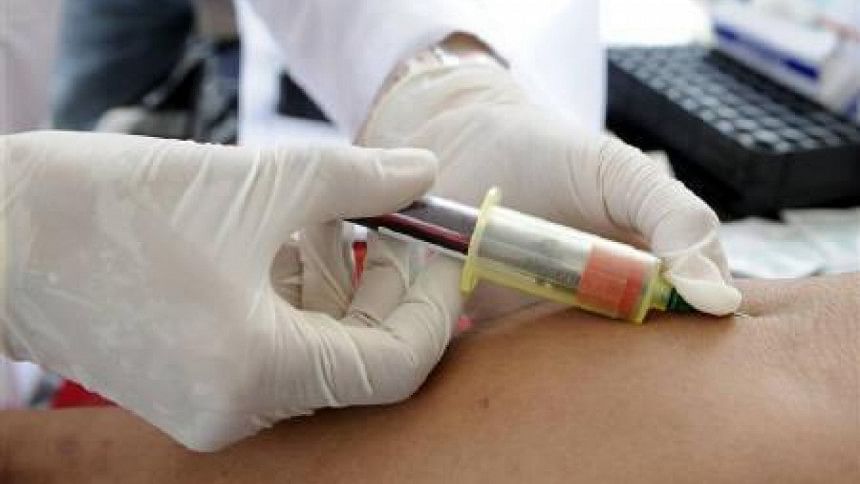Blood test could identify patients at cardiovascular disease risk

A simple blood test could help identify patients who are most at risk of cardiovascular disease after previously suffering a heart attack, according to research published this week in the European Heart Journal.
Researchers at the UK's University of Sheffield have published new research which could help improve prognosis for patients who have previously suffered a heart attack.
The scientists discovered a new marker capable of identifying patients at higher risk of cardiovascular disease after suffering a heart attack. The team studied blood plasma samples from 4,354 patients with acute coronary syndrome, characterized by the obstruction of one or more of the coronary arteries.
They measured the maximum density of a clot and the time it took for the clot to break down, known as clot lysis time.
One year later, the scientists found that patients with the longest clot lysis time had a 40% increased risk of recurrent heart attack or death due to cardiovascular disease.
As a result, new treatments specifically targeting clot lysis time could improve the prognosis for patients with acute coronary syndrome, the study explains.
In a statement, lead researcher Professor Rob Storey from the University of Sheffield's Department of Infection, Immunity and Cardiovascular Disease said: "Our findings provide exciting clues as to why some patients are at higher risk after heart attack and how we might address this with new treatments in the future."
Professor Storey added: "We now need to press ahead with exploring possibilities for tailoring treatment to an individual's risk following a heart attack and testing whether drugs that improve clot lysis time can reduce this risk."
The research is published in the European Heart Journal.

 For all latest news, follow The Daily Star's Google News channel.
For all latest news, follow The Daily Star's Google News channel. 







Comments